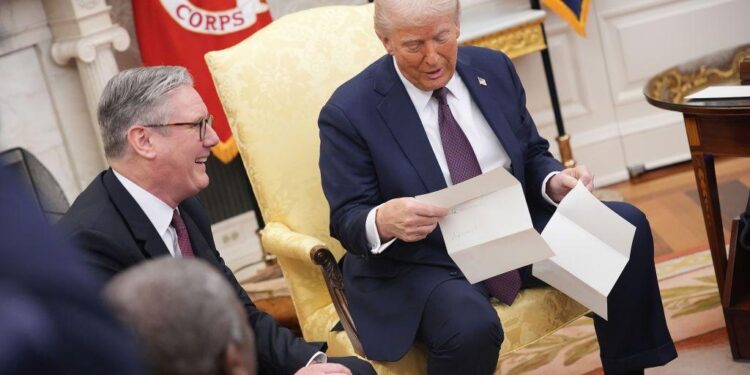UK Labour leader Keir Starmer has expressed support for the recent US airstrike on Iranian nuclear sites, describing it as a “measured response” to growing security threats. However, he also issued a sharp warning about the risk of wider escalation, urging restraint and renewed diplomatic engagement to avoid a regional conflagration.
Speaking at a press briefing in London on Monday morning, Starmer stated that “the United States acted in defence of international security and in line with its right to prevent further nuclear destabilisation.” He acknowledged the seriousness of the situation but stopped short of offering the government a blank cheque, calling for “full parliamentary oversight and strategic caution.”
Starmer’s comments place him largely in alignment with the government’s position, as Prime Minister Rishi Sunak also offered conditional support for the strike over the weekend. However, Starmer struck a more balanced tone, noting that while Iran’s actions could not go unchecked, “reckless military escalation serves no one’s long-term interests — not the region, not the West, and certainly not ordinary civilians caught in the crossfire.”
The Labour leader’s remarks are likely to resonate across Westminster, where consensus on the threat posed by Iran has grown in recent years, but where unease over unilateral military action remains strong. Starmer stressed the importance of multilateralism, suggesting any further military steps must be coordinated with NATO and other international partners.
In a nod to the humanitarian dimension of the conflict, Starmer added that the UK must work with allies to keep diplomatic channels open and ensure that regional populations are not the ones to suffer most. “We must not allow this to spiral into a broader war that destabilises the Middle East for a generation,” he said.
Foreign policy analysts have welcomed Starmer’s cautious stance, noting that his backing of the US strike — coupled with a strong emphasis on proportionality and international law — reflects a pragmatic approach likely to appeal to centrist voters ahead of the general election.
Meanwhile, reaction from Tehran has been predictably hostile. Iranian officials dismissed Western statements as hypocritical and accused both the US and UK of provoking instability. Protests have erupted in several cities across Iran, with demonstrators burning American and British flags while chanting anti-Western slogans.
In Europe, concerns over a widening conflict continue to grow. The EU has called for a ceasefire in all hostilities and urged Washington to share intelligence that justified the strike. France and Germany have both reiterated that military actions must be part of a larger diplomatic strategy aimed at avoiding nuclear proliferation and protecting regional stability.
As pressure mounts and global powers weigh their next moves, Starmer’s position may prove pivotal in shaping the UK’s foreign policy response — one that balances solidarity with allies and a clear-eyed assessment of the risks ahead.
newshub finance



Recent Comments